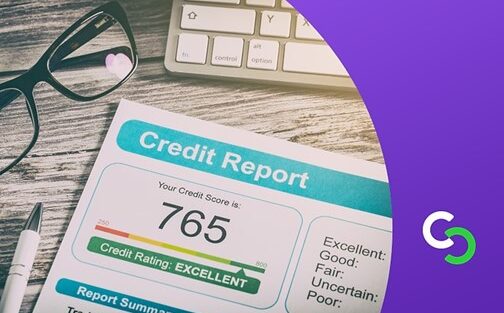Three Cs of Credit – What Lenders Look For
These questions are worth looking into as these are what the creditors in often circumstances; banks are asking when evaluating whether or not to offer you credit. They need to know that you are a reliable person to trust with their money and to pay it off with interest.
Character – Will you repay the debt?
From your credit history, does it look like you possess the honesty and reliability to pay credit debts?
Have you used credit before?
⤷ They want to know if you have borrowed money before and paid it off as they are more likely to give credit to someone who has some experience with it
Do you pay your bills on time?
⤷ Creditors are looking for organization and a sense of time management
Do you have a good credit report?
⤷ A credit report is a concise summary of an individual’s credit history and financial behaviour, encompassing credit accounts, payment records, debts, and public records.
Can you provide character references?
⤷ Character references reduce lending risks by boosting confidence in the borrower’s repayment ability, increasing loan approval chances.
How long have you lived at your present home?
⤷Longer residence at one address indicates stability, suggesting job and income stability, which is viewed positively for creditworthiness.
Capital – What if you don’t repay the debt?
Do you have any valuable assets such as real estate, savings, or investments that could be used to repay credit debts if income is unavailable?
What property do you own that can secure the loan? ⤷ This question is asking about the property or asset that you can offer as collateral to secure the loan, ensuring that the lender has a form of guarantee or protection in case of non-payment.
Do you have a savings account?
⤷ The Lenders will get a guarantee for loan repayment in the event of unforeseen expenses or financial challenges.
Do you have investments to use as collateral?
⤷ The investment would act as a guarantee of repayment in case of the individual taking out the loan is unable to make payments for whatever reason
Capacity – Can you repay the debt?
Have you been working regularly in an occupation that is likely to provide enough income to support your credit use?
Do you have a steady job? What is your salary? ⤷ Creditors ask about your employment and salary to assess your income stability and repayment capacity when considering your eligibility for a loan.
How many other loan payments do you have?
⤷ If you already have a substantial amount of loans they may not lend to you, as you are at risk of biting off more than you can chew
What are your current living expenses? What are your current debts? ⤷ Lenders ask about your expenses and debts to ensure you can manage loan repayments alongside your existing financial responsibilities.
Amortization
Amortization, in the context of loans and credits, means repaying a debt gradually over time through regular payments that cover both the loan amount and the interest, until the debt is fully paid off.
When Is The Right Time To Take Out a Loan?
The best time to borrow is when you have a strategic plan for the money and aren’t in critical need. Taking a thoughtful approach to seeking financing can make the loan process less stressful, enhance your chances of success, and ensure that you can pay back the loan with ease.
Taking out a loan when you are not in financial struggle allows for strategic planning, reduced stress, and better control over repayment, minimizing the risk of worsening your financial situation.



